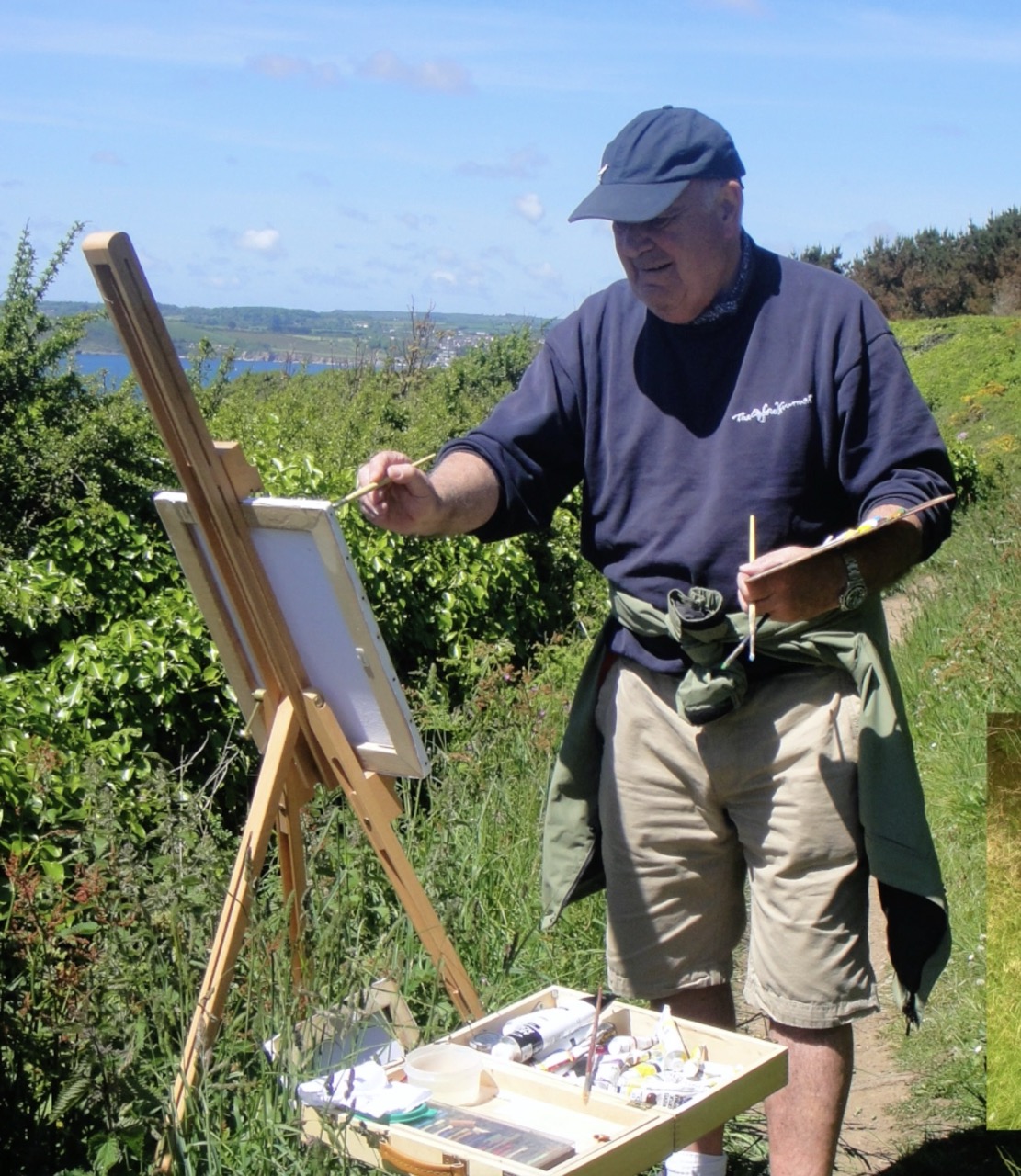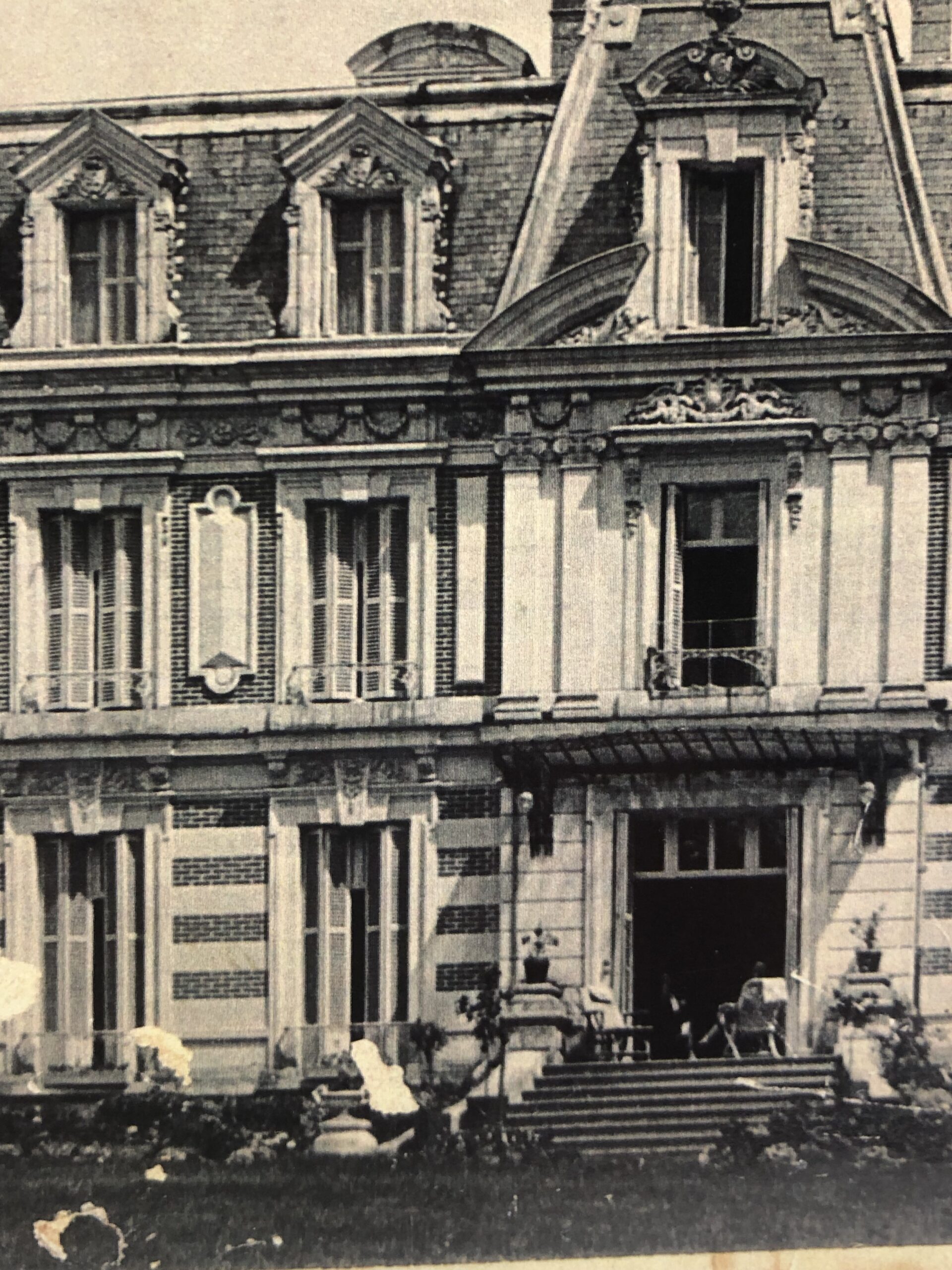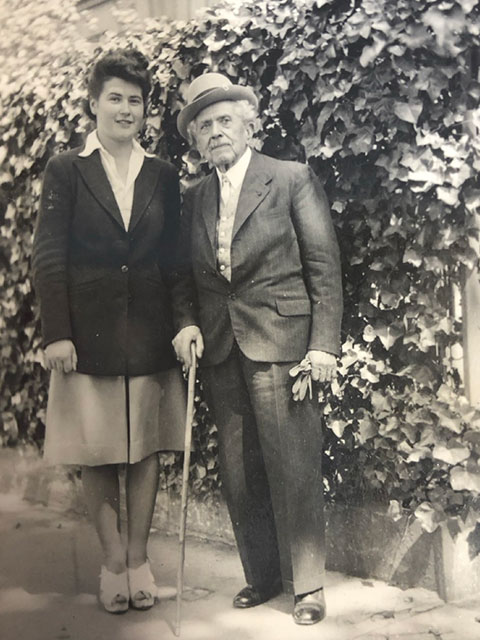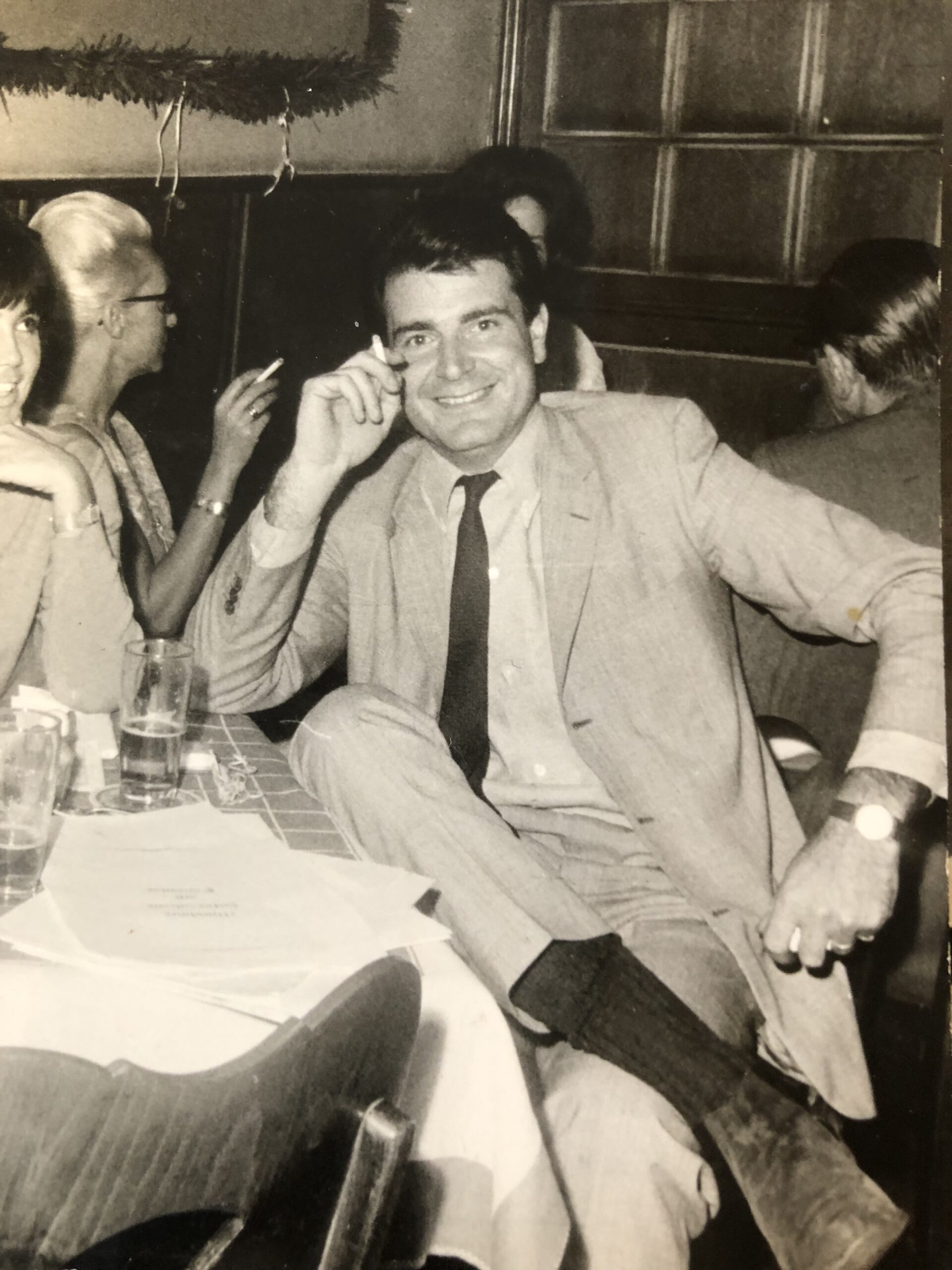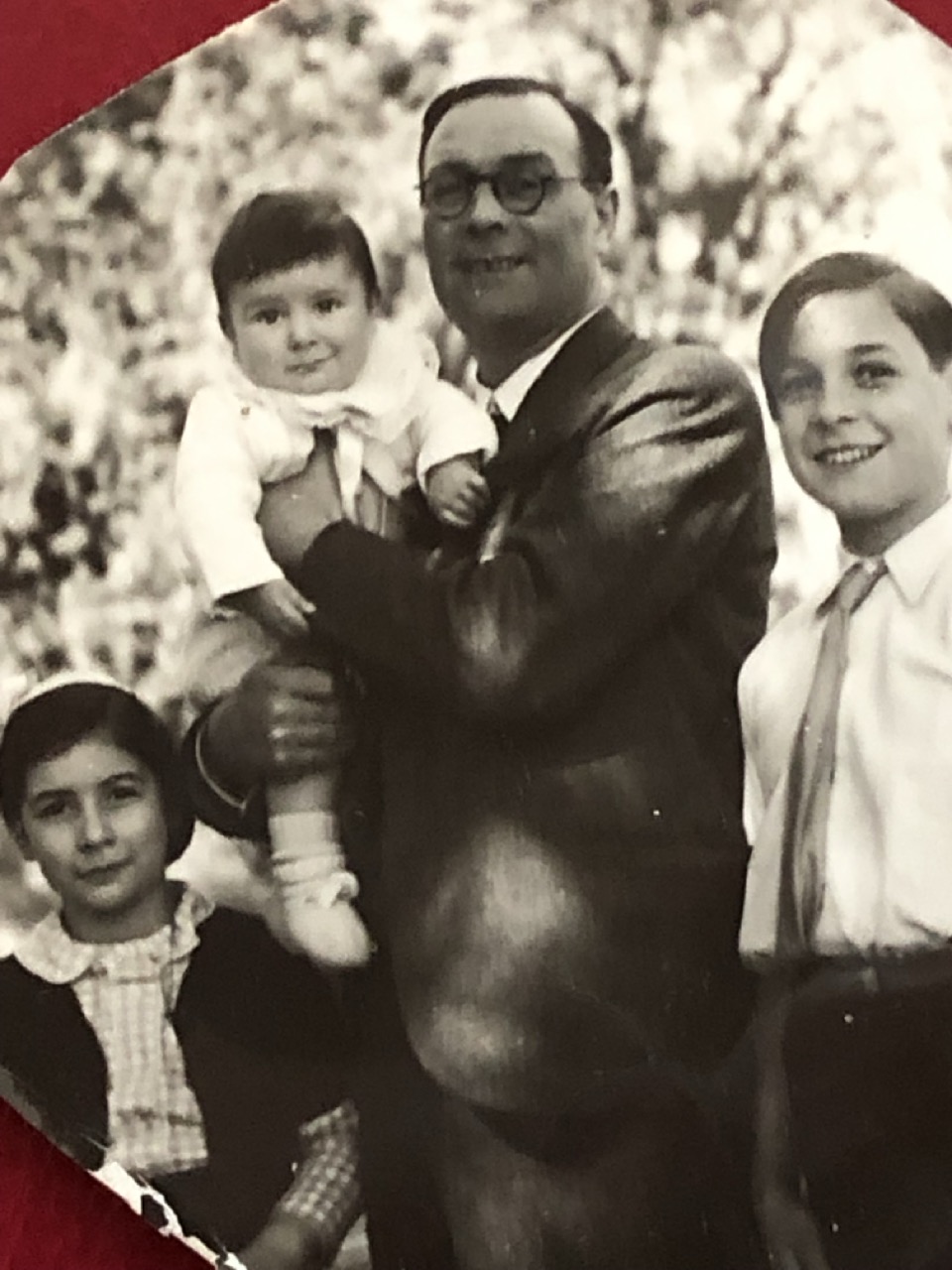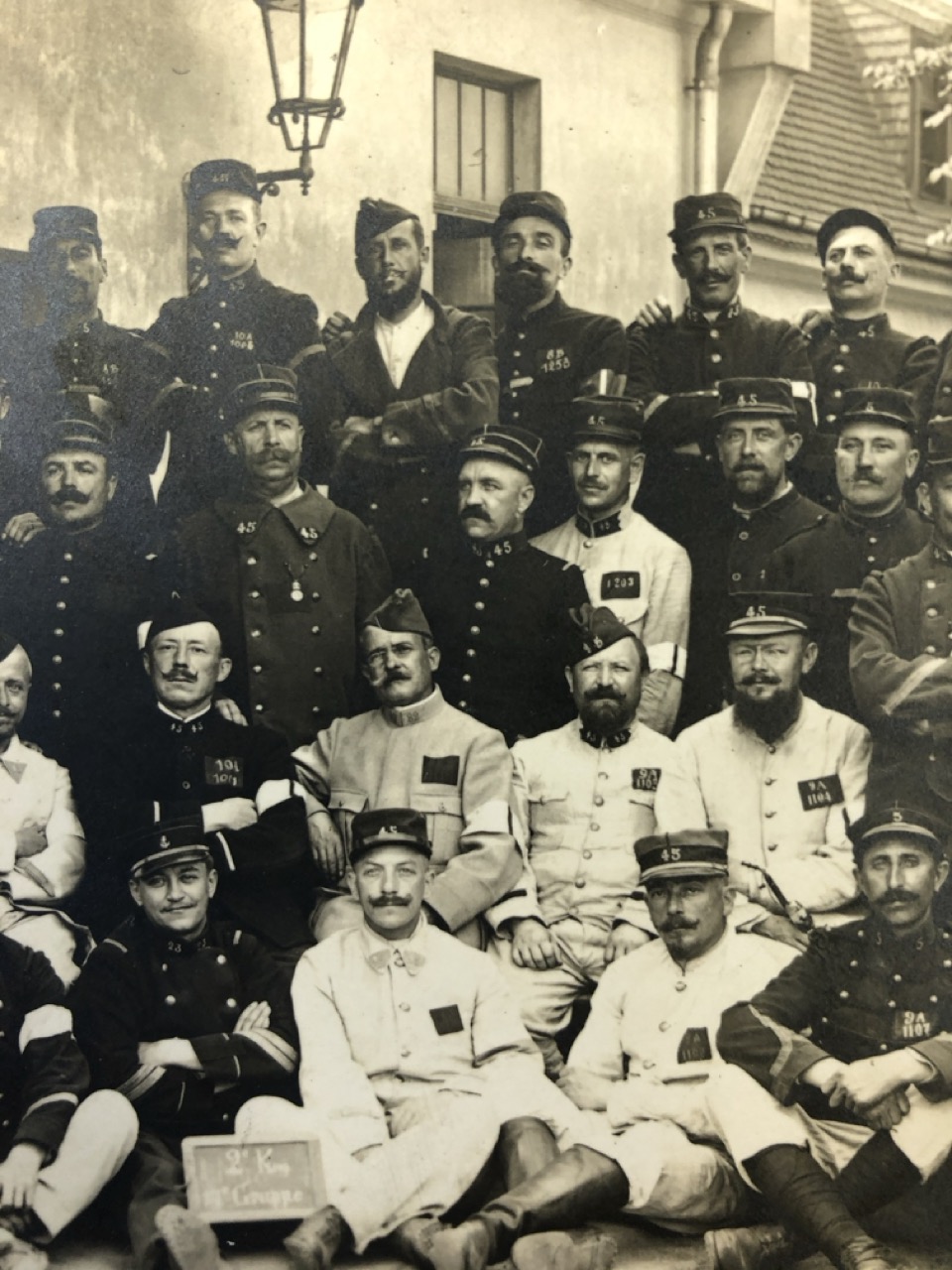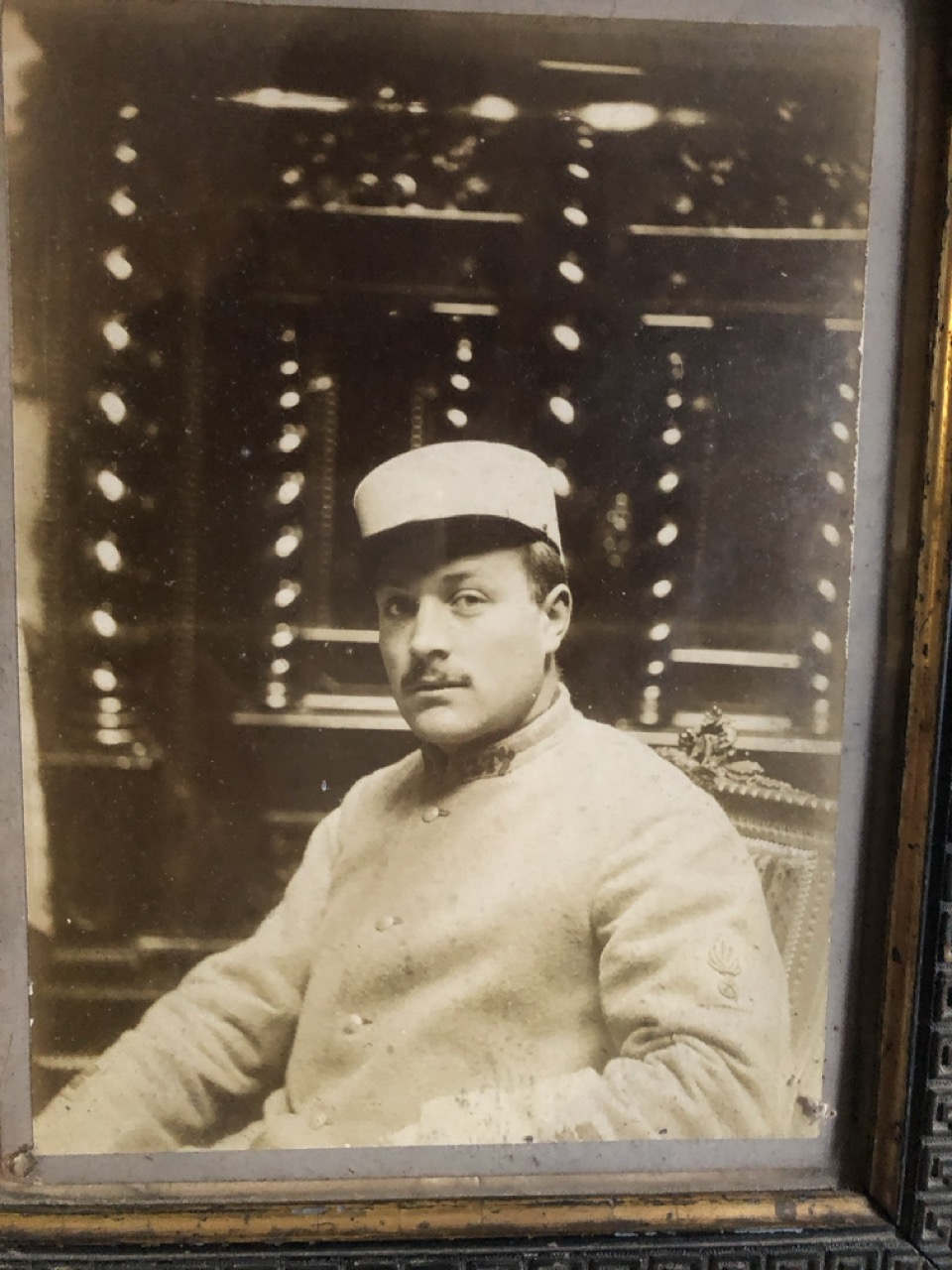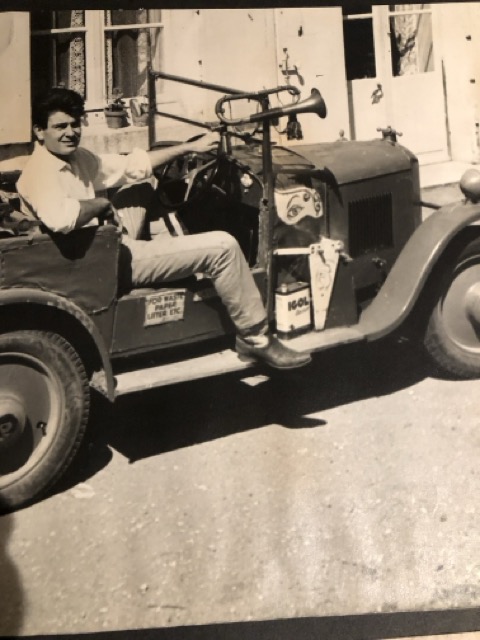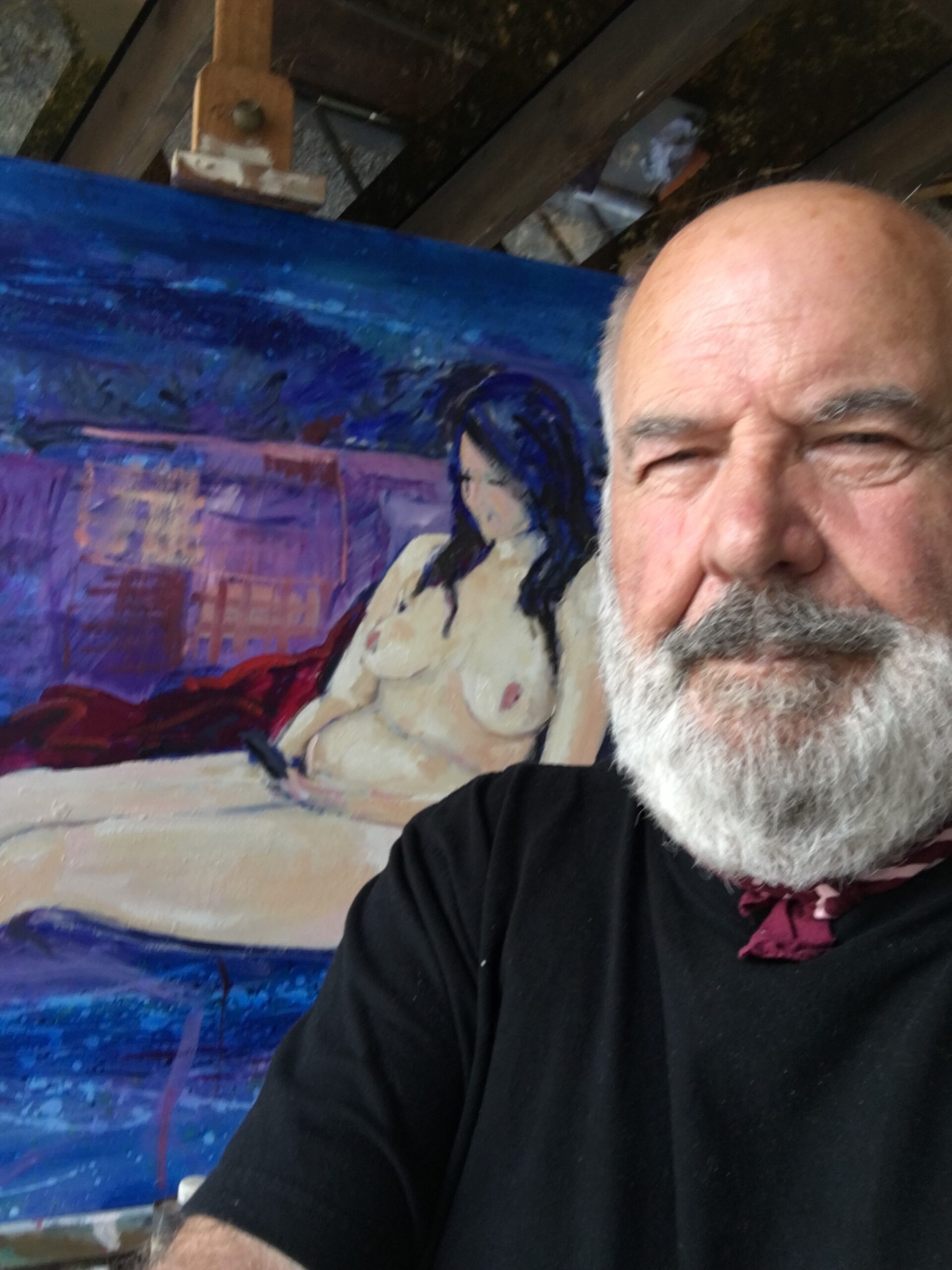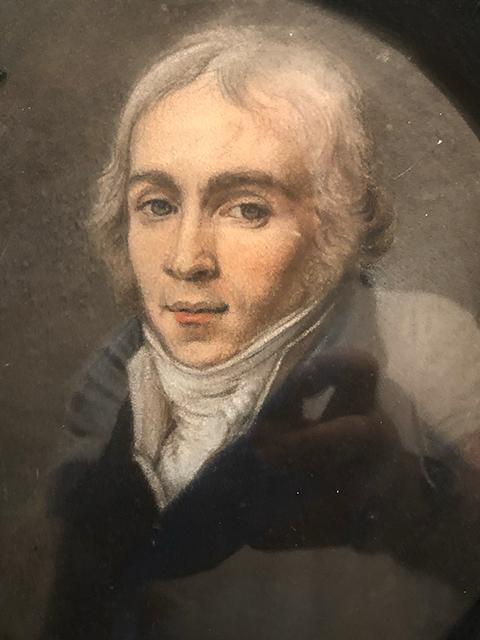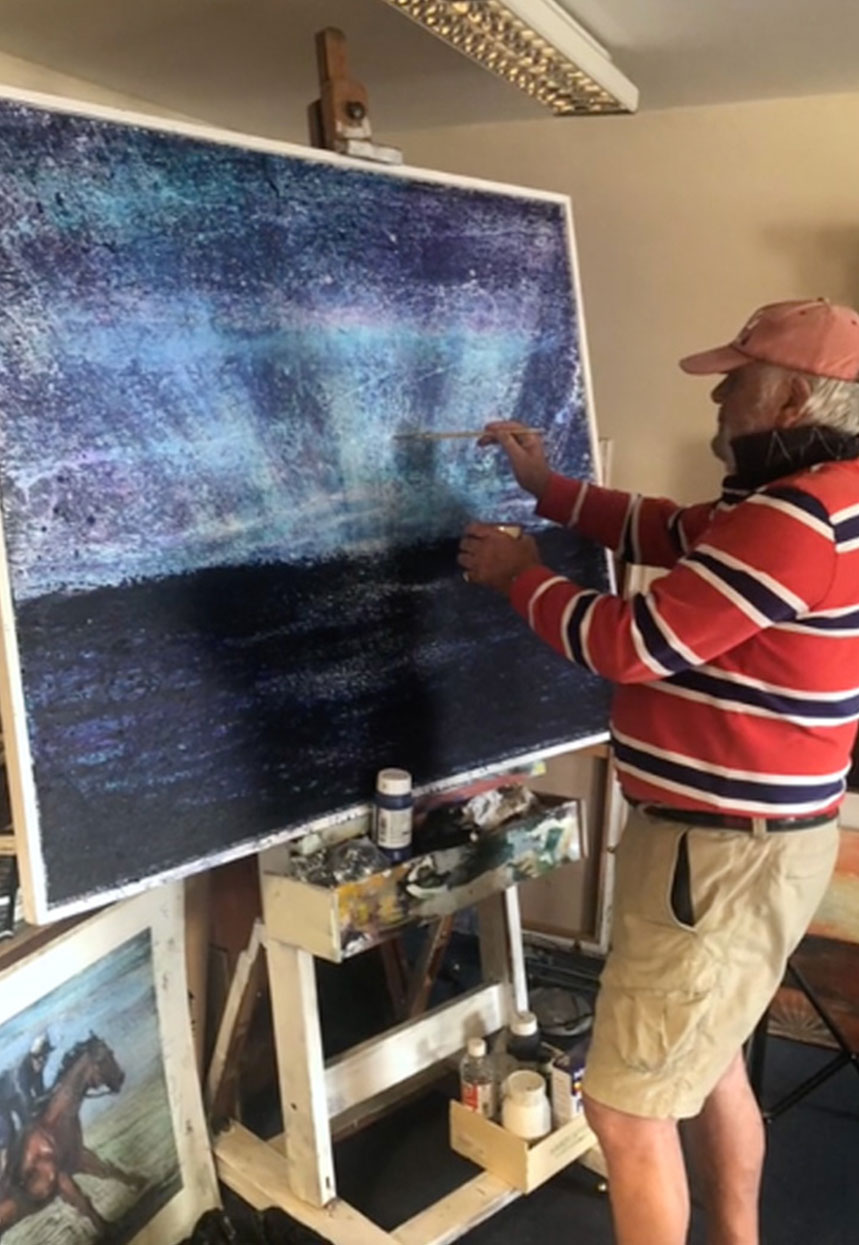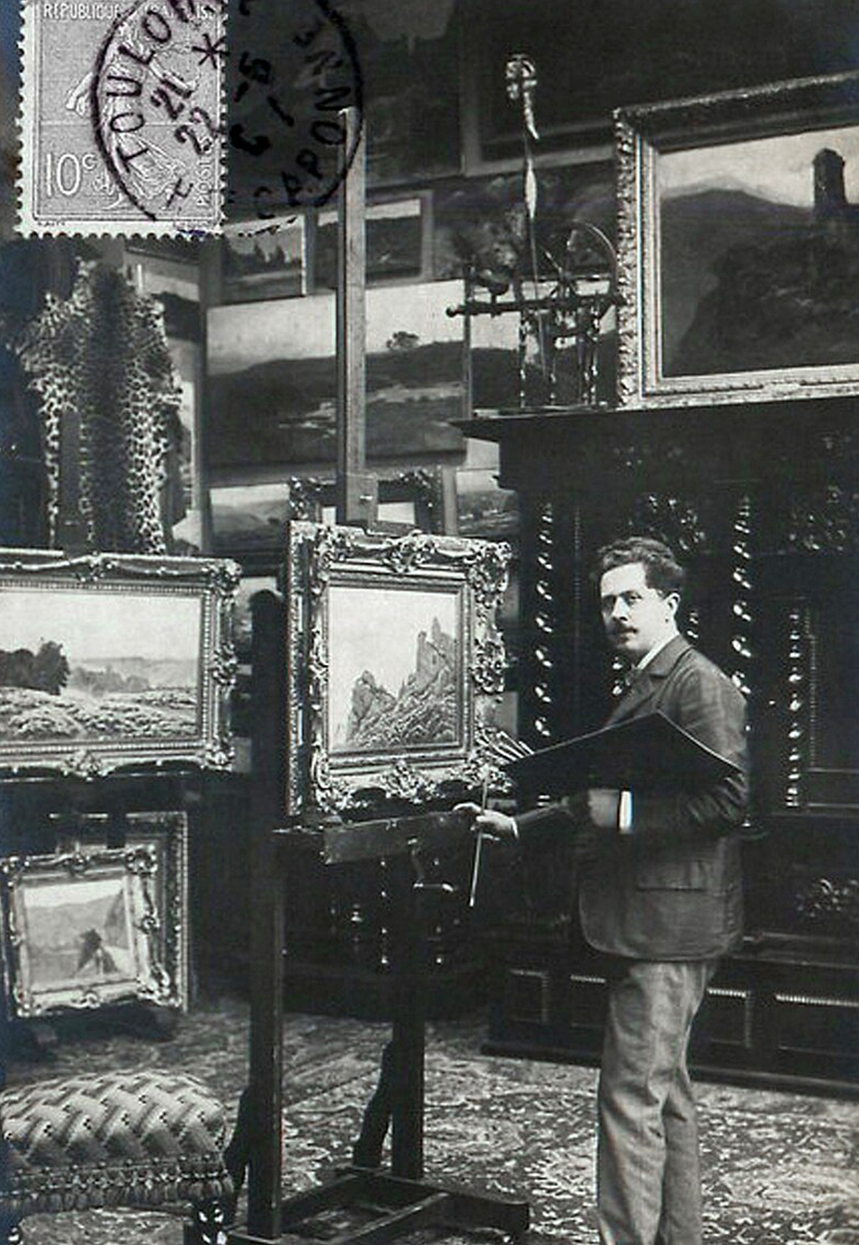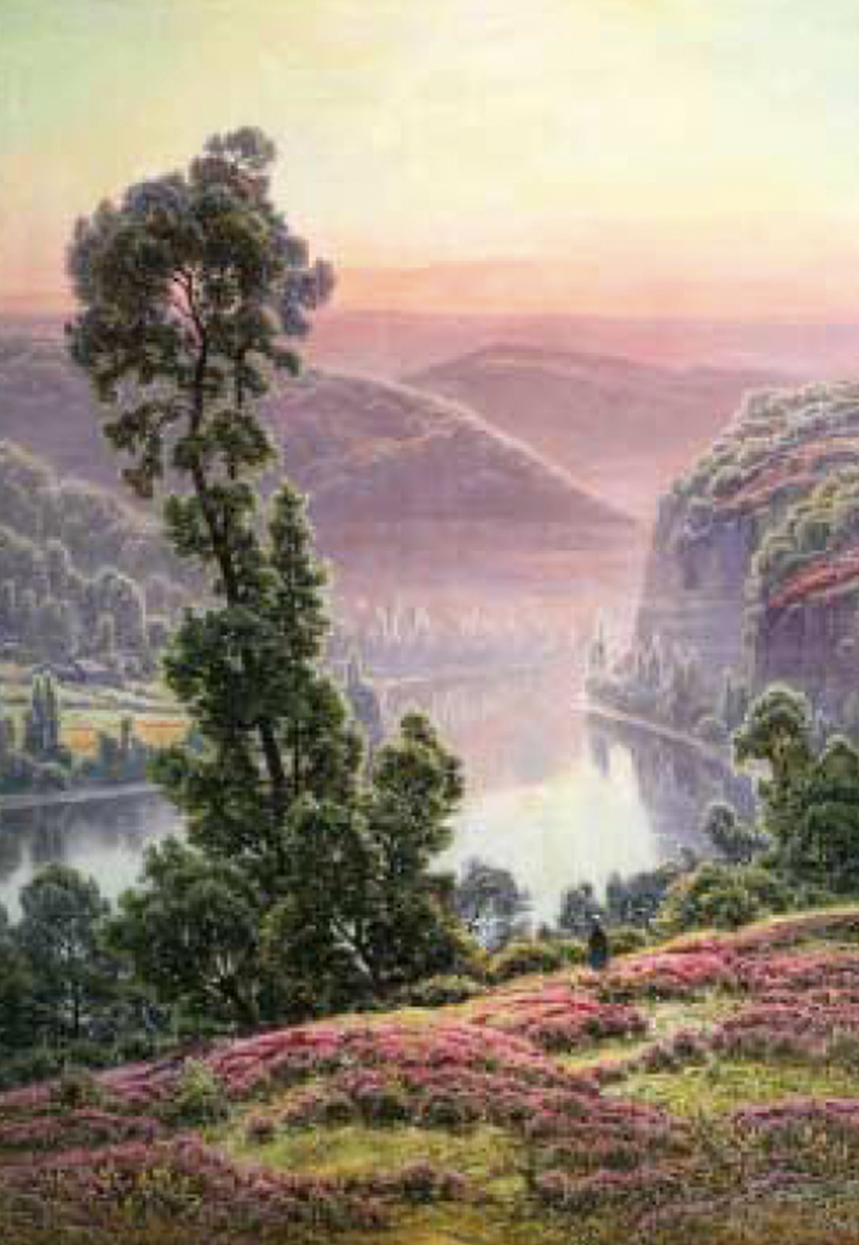About Robert Armand Pouget
Born at the outset of the second world war, at the Chateau St Victor, he moved with his family to Paris when the Chateau was requisitioned by the Wehrmacht. At the age of ten, he was sent to boarding school in England, going into Uppingham and Cambridge. Holidays were spent in Paris and at Chateau de Bellefontaine near Fontainebleau. He developed his enthusiasm for illustration and painting whilst at Uppingham School and later at the Art Students League New York. After two years military service in the Infanterie de Marine in Agen and Algeria, he worked in Paris as a freelance artist specialising in illustrations for magazines. With marriage and children, Robert moved to England where he worked as an Art Director for a large international enterprise. In his thirties, he returned to Paris and was involved in the film world as a producer and agent. He became ‘Fromager Par Excellence’ as one does, by a series of coincidences, he created a new blue cheese, Oxford Blue, which these days is sold throughout England and often features in first-class airline meals and restaurant menus. Following this success, he created his own table sauce, Oxford Sauce which has developed a cult following as far as the US and Australia. Now in his eighties, Robert has resumed his original passion for painting and illustration.
